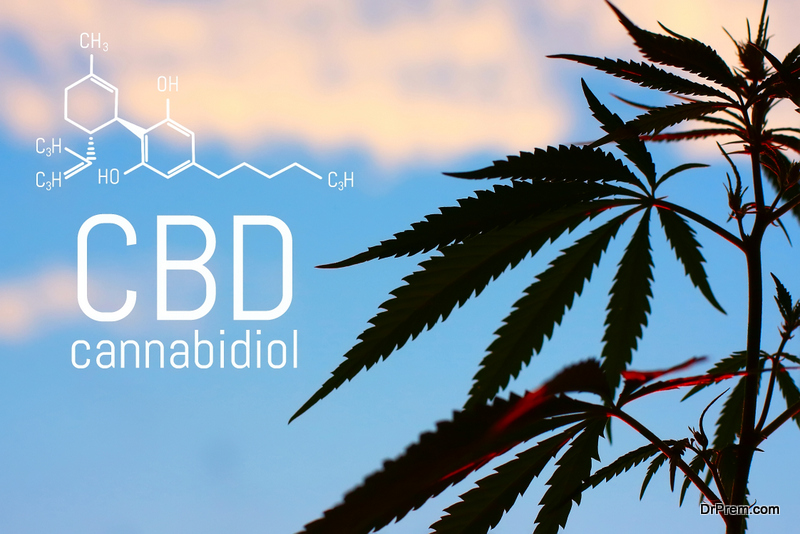The hemp plant provides us with many useful products, not the least of which is CBD in the form of oils, capsules, and other variations. CBD is an effective tool for managing stress, anxiety, and depression, without the “high” feeling that THC, another cannabinoid, causes when ingested or inhaled. Keep reading to learn more about the uses of CBD and how it can help you with anxiety and depression.
What is CBD?
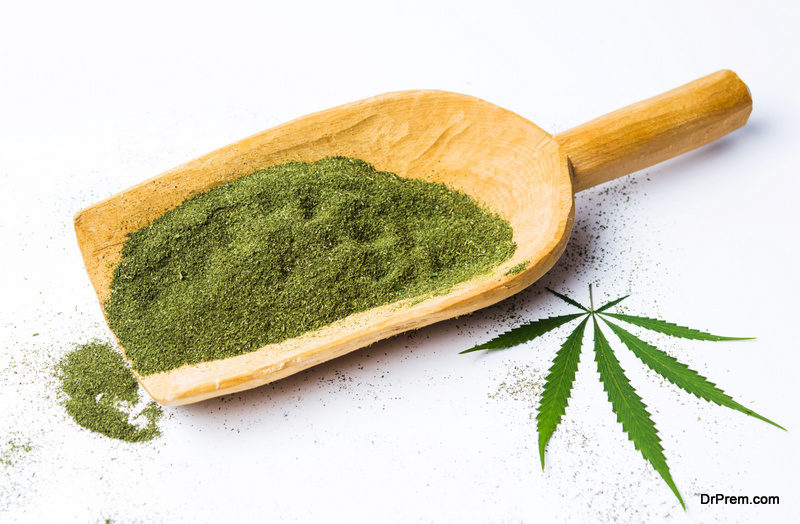 CBD stands for cannabidiol, which is a natural compound derived from the hemp plant. It is one of more than 100 compounds known as cannabinoids. Although similar to tetrahydrocannabinol (THC), CBD acts completely differently when it enters the body. You won’t feel “high” when you ingest CBD, but instead, you’ll experience a feeling of calm and focus; or so CBD statistics have indicated.
CBD stands for cannabidiol, which is a natural compound derived from the hemp plant. It is one of more than 100 compounds known as cannabinoids. Although similar to tetrahydrocannabinol (THC), CBD acts completely differently when it enters the body. You won’t feel “high” when you ingest CBD, but instead, you’ll experience a feeling of calm and focus; or so CBD statistics have indicated.
CBD, like any other substance, isn’t for everyone, and if you’d like to use it for depression or any other mental health condition, discuss the suggestion with your doctor before you stop taking your antidepressants or any other medications. Antidepressants can create unbalanced hormones in your brain if you suddenly stop taking them, which can be detrimental to your mental health or even dangerous.
Is It the Same as THC?
No, CBD is not the same as THC. THC creates a euphoric sensation when ingested or inhaled, which can also help with anxiety, but like CBD, is not for everyone. The benefits of THC have been researched more intensely in the last decade or so, with several states in the US legalizing the medicinal and/or recreational use of the substance.
While THC has its own helpful properties, it’s infinitely easier (and in some states, more legal) to obtain CBD in the form of oil or capsules. The compound is also made into tasty treats like gummies for easier ingestion.
While THC is still heavily regulated in most states, if legal at all, many states have made strides toward legalizing all hemp products, including CBD. In fact, Ohio just recently legalized the distribution and sale of hemp as a crop; including CBD oils, capsules, etc.
How Does It Help With Depression?
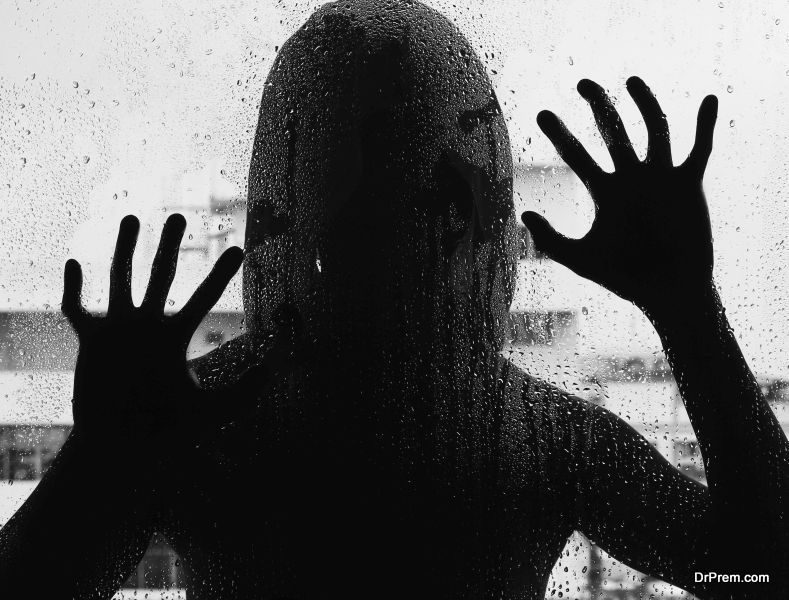
If you’ve ever been prescribed any drugs for depression or anxiety, you’ve likely noticed some harmful side effects. In fact, some antidepressants even have an increased risk of suicide as a side effect! Imagine taking medication to ease your depression, only to have it increase your thoughts of suicide. CBD is a safe, natural alternative to dangerous and often expensive prescription drugs.
Although the research on CBD’s effectiveness is minor, the preliminary studies have shown great promise for the compound in reducing stress, anxiety, and minimizing the symptoms of depression. CBD helps to keep serotonin levels balanced in people with depression, a crucial hormone responsible for positive feelings.
Feelings of pervasive sadness or “I need someone to talk to” are common with depression; but these symptoms can be alleviated with the use of CBD. Take control of your depression and your wallet by giving this popular alternative medicine a try today, and find out why so many people are choosing it over prescription drugs.
Should I Take it?
Before you decide to use CBD to manage anxiety or depression symptoms, consult with your doctor. If you’re already on antidepressants, you won’t want to just stop taking them, as this can have serious side effects; up to and including suicidal ideations or even attempts.
If you want to include CBD in your regimen, discuss slowly introducing the compound into your daily medicinal routine (or in your food, as some people prefer) with your doctor. A popular method of consuming the oil is by taking it under the tongue in liquid form, or by swallowing capsules. This causes the compound to release into the bloodstream via the digestive tract, which is much slower and can take up to a few hours to kick in.
Whichever method you choose, be sure to start out with a small dosage to see if the CBD compound is right for you. Note any adverse reactions and/or benefits before choosing a different dosage.
Is it Addictive?
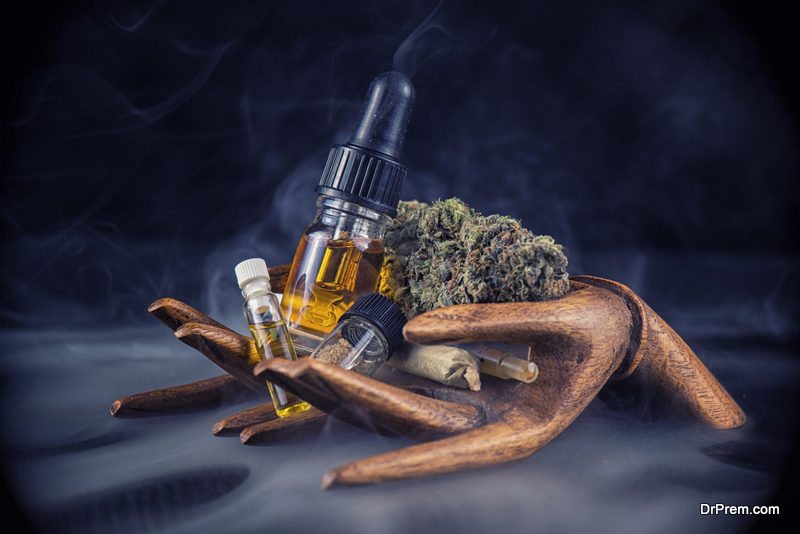 CBD has not been found to be addictive in any way, and in fact, has been suggested for use in helping ease the side effects of addiction withdrawal. With so many uses including alleviating withdrawal symptoms, and even helping to cure opioid addiction, CBD is truly a miracle compound aside from just helping with depression and anxiety.
CBD has not been found to be addictive in any way, and in fact, has been suggested for use in helping ease the side effects of addiction withdrawal. With so many uses including alleviating withdrawal symptoms, and even helping to cure opioid addiction, CBD is truly a miracle compound aside from just helping with depression and anxiety.
Side Effects
While CBD has little to no side effects for most users, some people have experienced fatigue, weight gain, and diarrhea as a side effect of prolonged CBD use. Those with depression already suffering from fatigue could experience further exhaustion, so if you’re using CBD for depression and notice yourself becoming more tired than usual, discontinue use or try a different brand.
Your brain needs energy just as the rest of the body does, and if you’re battling depression or anxiety, you’ll want all the energy you can get.
The Take-Away
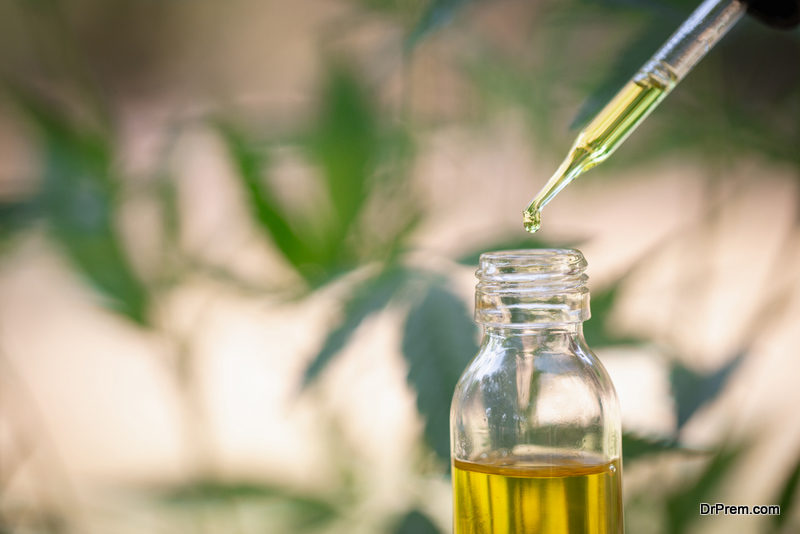 CBD is a safe alternative to many prescription drugs such as antidepressants. While the research surrounding CBD is minor, the preliminary results have been incredibly promising, and it’s safe to say that CBD has a bright future ahead of it. Check your state’s regulations to see if CBD is legal before ordering oil or capsules, and don’t forget to consult with your doctor before introducing it into your health regimen.
CBD is a safe alternative to many prescription drugs such as antidepressants. While the research surrounding CBD is minor, the preliminary results have been incredibly promising, and it’s safe to say that CBD has a bright future ahead of it. Check your state’s regulations to see if CBD is legal before ordering oil or capsules, and don’t forget to consult with your doctor before introducing it into your health regimen.
Article Submitted By Community Writer


